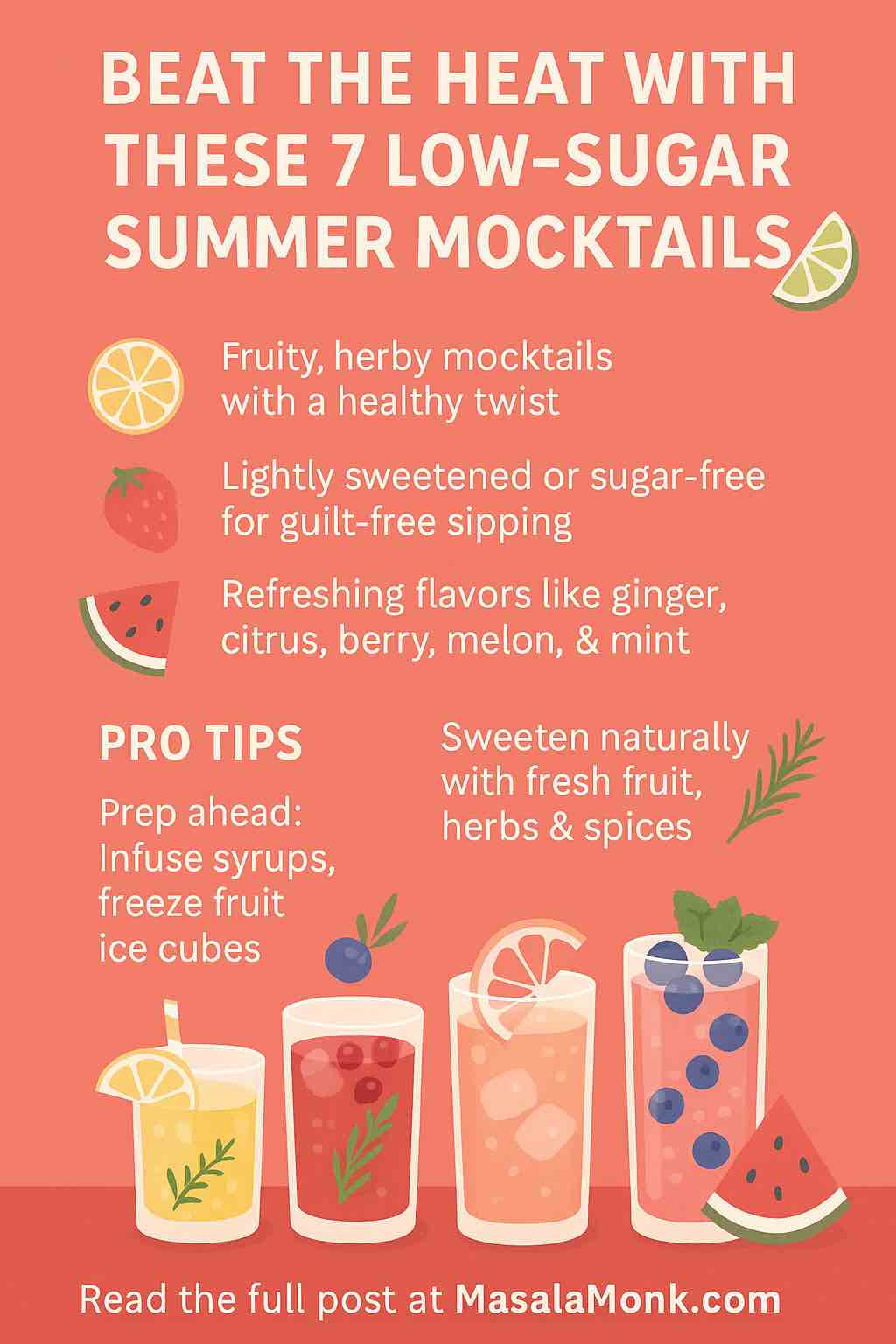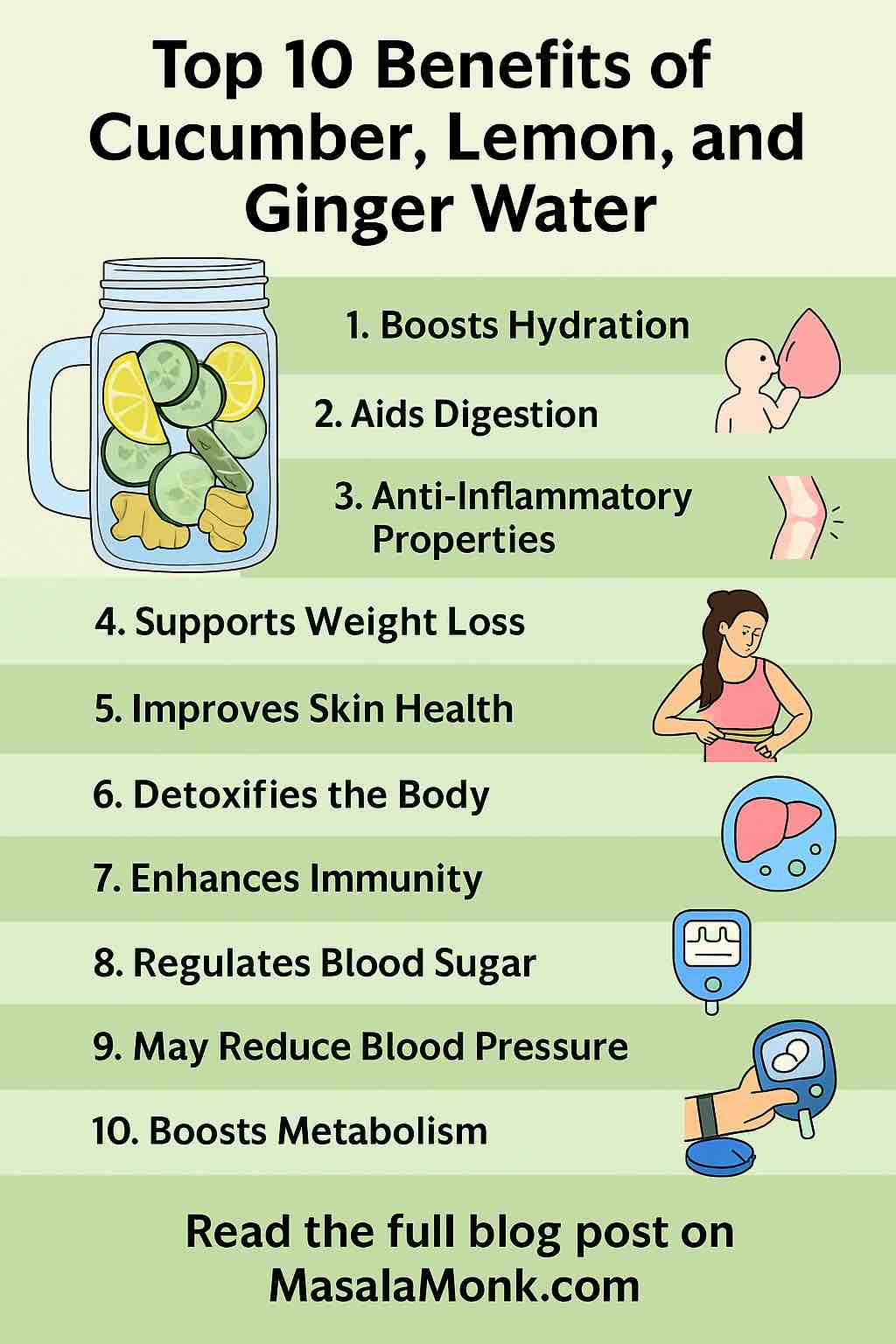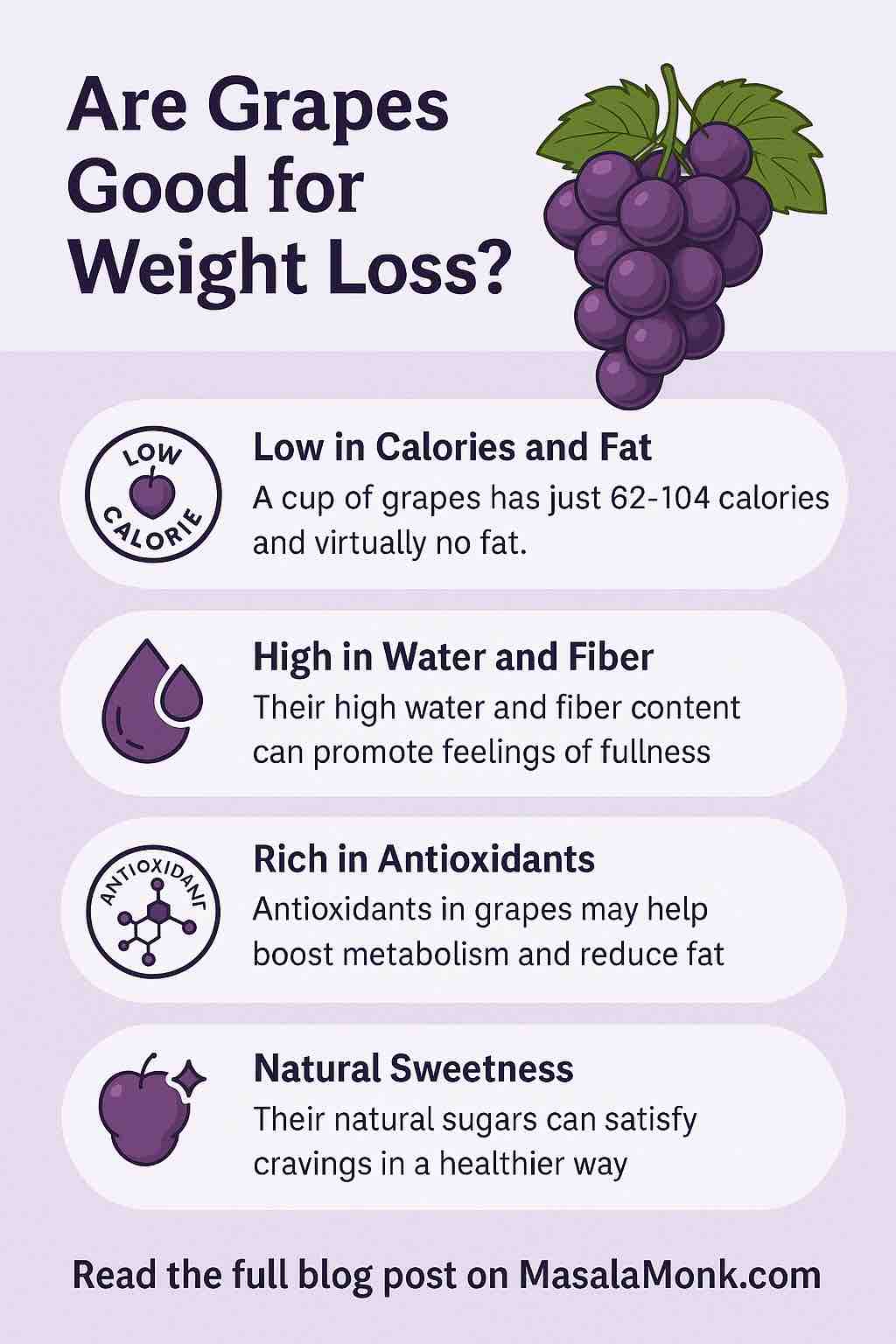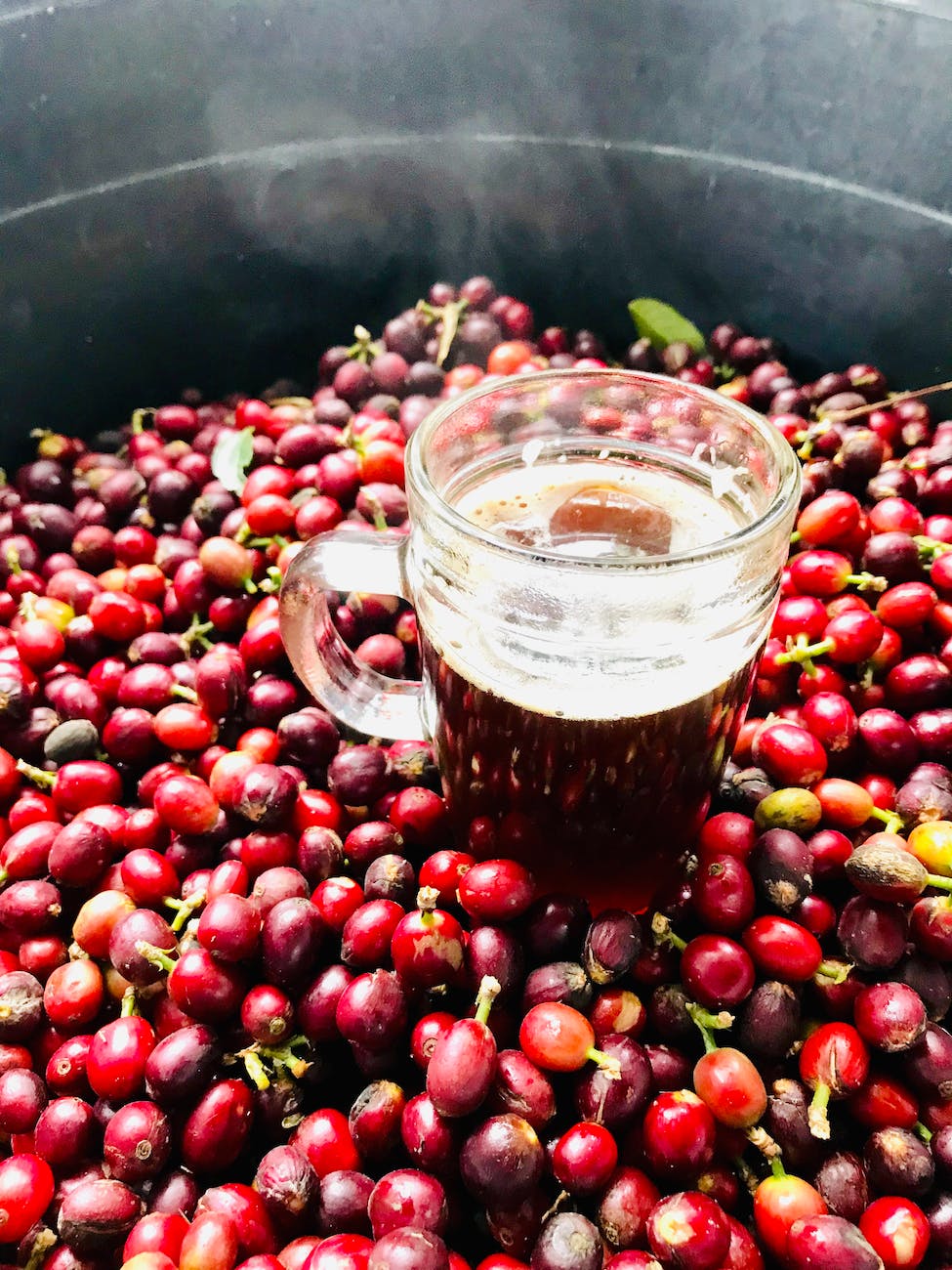
As summer heats up, staying hydrated becomes a priority—but plain water can get boring fast. Instead of reaching for sugar-laden sodas or juices, why not explore the vibrant world of low-sugar mocktails? These refreshing drinks are packed with natural flavors, are easy to make, and are perfect for all-day sipping without the crash.
In this blog post, we dive deep into seven practical and delicious low-sugar summer mocktails that are guaranteed to cool you down and delight your taste buds. Plus, we’ll share tips on prepping in batches, customizing flavors, and adding that special twist for guests.
1. Ginger-Thyme Sparkling Lemonade
Flavor Profile: Herbaceous, citrusy, lightly sweet
Ingredients:
- 2 cups water
- 2/3 cup honey or stevia syrup (adjust to taste)
- 12 sprigs fresh thyme
- 3 tbsp chopped fresh ginger
- 2 tbsp lemon zest
- 3/4 cup fresh lemon juice
- 2 liters sparkling water
Method:
- In a saucepan, combine water, honey, thyme, ginger, and lemon zest.
- Bring to a simmer for 5-7 minutes to infuse flavors. Cool and strain.
- Mix in the lemon juice.
- Pour over ice and top with sparkling water. Garnish with thyme.
Pro Tip: Prepare the ginger-thyme base in advance and refrigerate. Add fizz just before serving.
2. Sparkling Cranberry Kombucha Mocktail
Flavor Profile: Tart, effervescent, probiotic
Ingredients:
- 3/4 cup cranberry kombucha
- 1/2 cup 100% cranberry juice (no sugar added)
- 1/4 cup ginger beer (low sugar)
- Fresh rosemary and cranberries (optional)
Method:
- In a tall glass, mix kombucha and cranberry juice.
- Add ginger beer and ice.
- Garnish with a rosemary sprig and a few frozen cranberries.
Health Note: Kombucha adds gut-friendly probiotics, while cranberry offers antioxidants.
3. Sparkling Apple-Cider Citrus Cooler
Flavor Profile: Crisp, tangy, slightly sweet
Ingredients:
- 1 cup chilled sparkling apple cider (unsweetened)
- Orange, lime, and grapefruit slices
- Fresh rosemary sprigs
- Sparkling water
Method:
- Fill a pitcher with sliced citrus and rosemary.
- Add apple cider and top with sparkling water.
- Serve chilled in glasses with fruit slices.
Pro Tip: Freeze sliced citrus in ice cubes for a show-stopping presentation.
4. Sugar-Free Grapefruit & Ginger Refresher
Flavor Profile: Tart, peppery, clean
Ingredients:
- 1 cup fresh grapefruit juice
- 2 tbsp organic ginger juice or freshly grated ginger
- 1 cup natural ginger ale or club soda
- Lime wedge and mint leaves (optional)
Method:
- Combine grapefruit juice and ginger juice in a shaker with ice.
- Shake and pour into a glass.
- Top with ginger ale. Garnish with lime and mint.
Variations: Add a splash of cucumber juice for a cooling effect.
5. Watermelon-Mint Cooler
Flavor Profile: Sweet, refreshing, cooling
Ingredients:
- 3 cups fresh watermelon chunks
- 1/4 cup fresh lime juice
- 1/2 cup fresh mint leaves
- 1 tbsp agave or stevia (optional)
- 2 cups club soda
Method:
- Blend watermelon, mint, lime juice, and sweetener until smooth.
- Strain if desired.
- Pour into glasses over ice, top with club soda.
Batch Tip: Store watermelon base in the fridge and mix with soda just before serving.
6. Mojito-Style Lime Mint Fizz
Flavor Profile: Zesty, bubbly, classic
Ingredients:
- 1 lime (cut into wedges)
- Fresh mint leaves (about 1/4 cup)
- Stevia or monk fruit sweetener (to taste)
- Sparkling water
- Crushed ice
Method:
- Muddle lime and mint with sweetener in a glass.
- Add ice and top with sparkling water.
- Stir and garnish with mint sprig.
Serving Tip: Serve in tall glasses for the full mojito feel.
7. Blueberry Lemonade Sparkler
Flavor Profile: Fruity, tangy, elegant
Ingredients:
- 1 cup fresh blueberries (mashed or blended)
- 1/2 cup fresh lemon juice
- 1/3 cup maple syrup or stevia
- 4 cups sparkling water
- Mint leaves for garnish
Method:
- Blend blueberries and strain to remove skins.
- Mix with lemon juice and sweetener.
- Pour into glasses with ice and top with sparkling water.
- Garnish with mint and whole blueberries.
Tips for Customizing Your Summer Mocktails
- Sweeteners: Swap out honey or maple syrup for monk fruit, stevia, or erythritol to lower sugar.
- Herbs: Mix and match herbs like basil, thyme, or lavender.
- Ice Cubes: Freeze fruit pieces or herbs into ice cubes for added flavor.
- Infusions: Steep herbs or fruits in hot water, then chill for enhanced flavor.
Batch Prep & Storage Ideas
- Prepare syrup bases and juices ahead of time and store in airtight containers.
- Keep garnishes prepped in the fridge: sliced fruits, washed herbs.
- Only mix with sparkling water or soda right before serving to maintain fizz.
Final Thoughts
Low-sugar mocktails are more than just a healthier choice; they’re an invitation to get creative with flavors, textures, and presentation. Whether you’re lounging by the pool, hosting a barbecue, or just need something fun to sip on during a hot afternoon, these mocktails bring hydration, elegance, and joy to your glass—without the sugar spike.
Cheers to staying cool, refreshed, and sugar-smart this summer!
1. Can I make these mocktails completely sugar-free?
Yes, all the mocktails in the post can be made sugar-free by using natural sugar substitutes like stevia, monk fruit, or erythritol instead of honey or maple syrup.
2. Are these mocktails suitable for people with diabetes?
Most of these mocktails can be adapted for diabetic diets by using low-GI sweeteners and avoiding fruit juices high in sugar. Always consult with a healthcare provider if you’re unsure.
3. How long can I store the mocktail bases?
You can refrigerate the fruit or herb-infused syrups and purees for up to 3–5 days in airtight containers. Always add sparkling components just before serving to maintain fizz.
4. What’s the best way to batch prep for a party?
Prepare all the fruit purees, infused syrups, and garnishes ahead of time. Store them separately and mix with sparkling water or club soda just before serving.
5. Can I turn these mocktails into cocktails?
Absolutely! You can add a splash of vodka, gin, or rum to most of these mocktails to create light summer cocktails for adult gatherings.
6. Are these drinks kid-friendly?
Yes, all the mocktails are alcohol-free and use whole ingredients, making them perfect for kids. Just adjust tartness and sweetness to suit their taste.
7. Can I use frozen fruit instead of fresh?
Yes. Frozen fruit works well, especially for blending or as ice cubes in the drink. It can also add extra chill and minimize dilution.
8. What sparkling water should I use?
Any unflavored or naturally flavored sparkling water, club soda, or seltzer is ideal. Just watch for added sugars or artificial ingredients in flavored versions.
9. Do I need special tools to make these?
Basic kitchen tools like a blender, shaker, muddler, strainer, and a citrus juicer will cover everything. No bar kit required!
10. Can I substitute herbs like mint or thyme with others?
Yes. You can experiment with basil, rosemary, lavender, or even sage depending on the mocktail. Each adds a unique twist.













